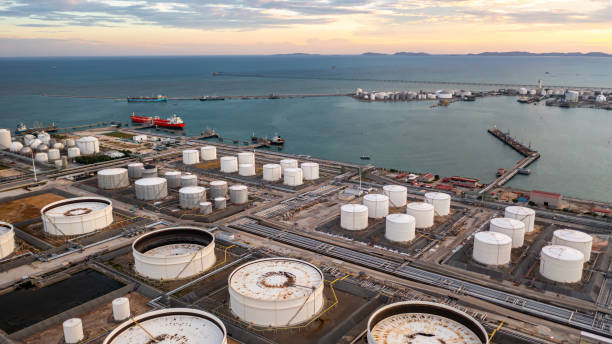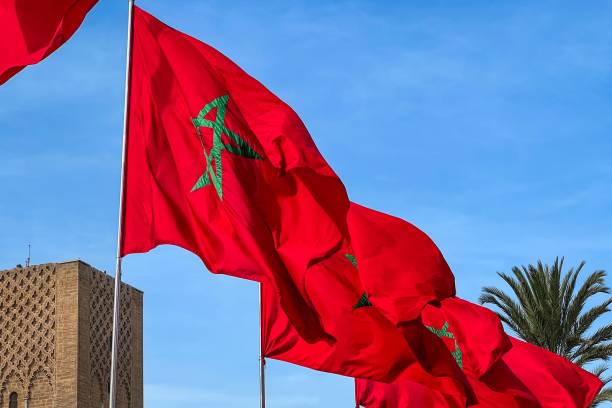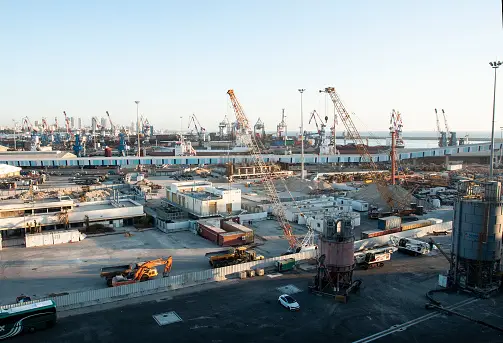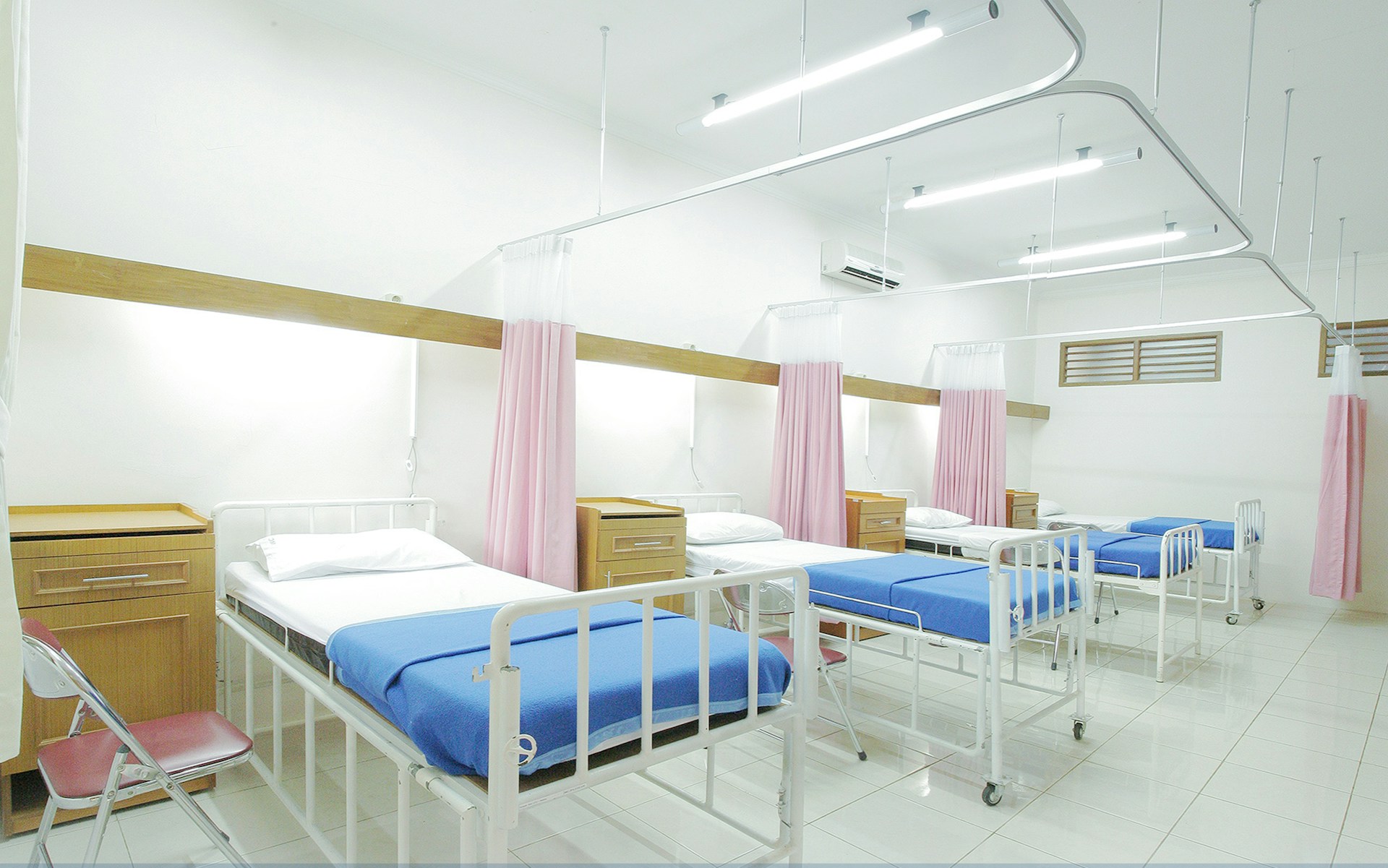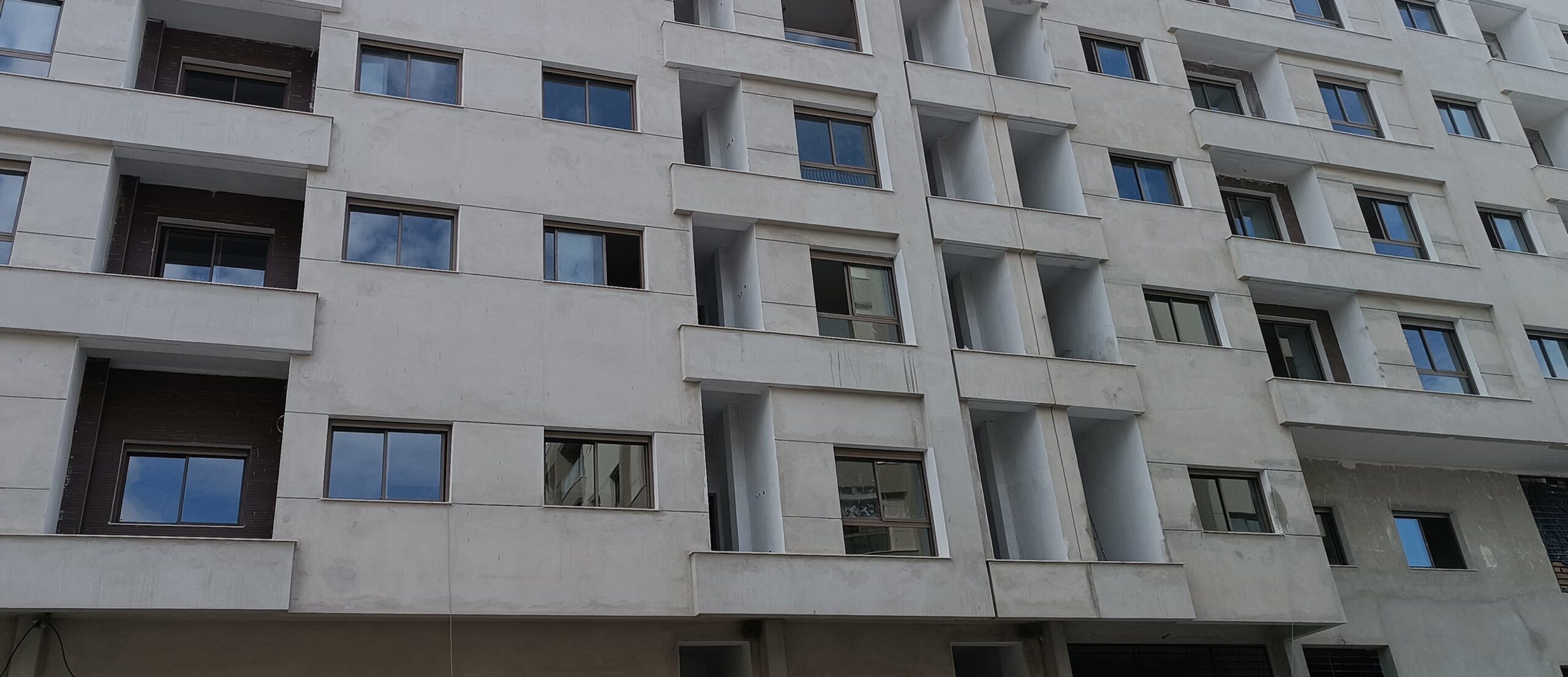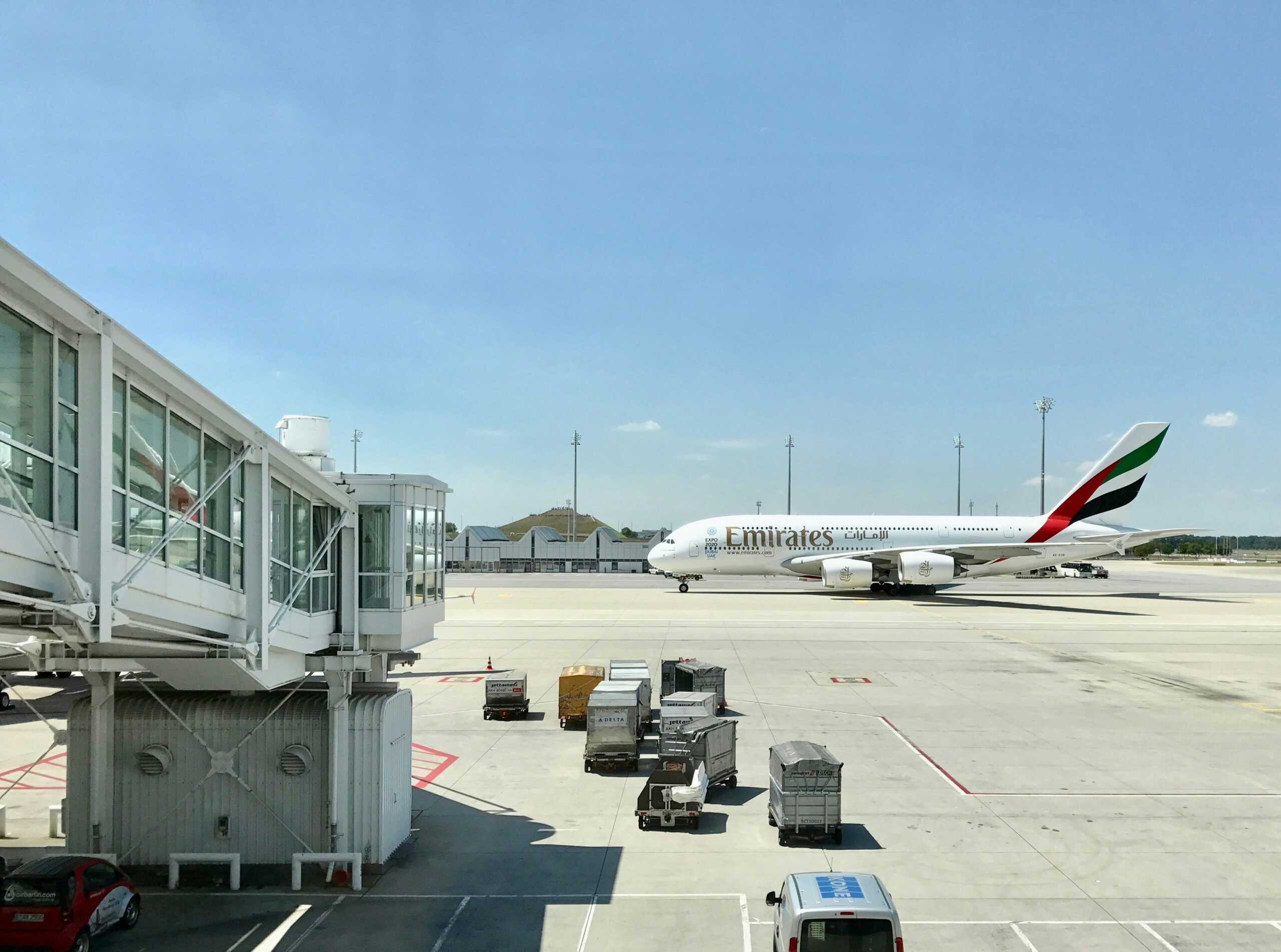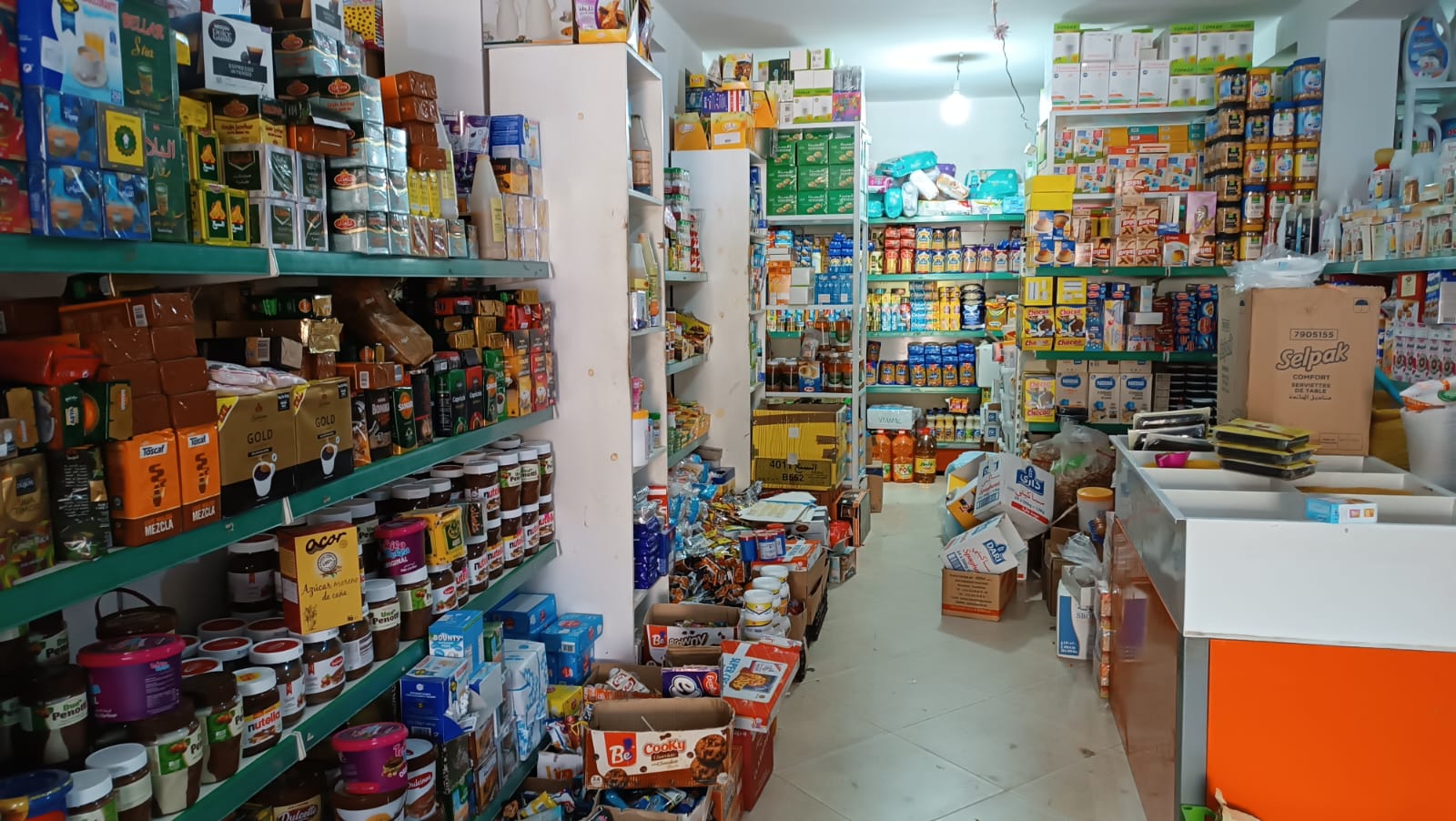Casablanca – In his address marking the opening of the new parliamentary year, King Mohammed VI outlined a comprehensive vision for Morocco’s next stage of development—one that balances economic transformation with social justice and territorial equity. Delivered at a time of growing public pressure for better living conditions, the royal speech set a clear tone: Morocco’s progress must now be measured not only by national growth rates but by how evenly prosperity is shared across regions and social groups.
The King’s remarks come amid an increasingly complex national context. Despite steady macroeconomic stability, Morocco continues to face structural challenges that weigh on citizens’ daily lives—rising living costs, persistent unemployment among young people, regional disparities, and pressure on essential services such as healthcare, education, and water management.
The monarch acknowledged these realities, urging both Parliament and the government to accelerate reforms and ensure that the benefits of growth reach all Moroccans. “Major national projects and social programs are not opposing priorities,” he emphasized, “for both aim at one goal: the country’s development and the improvement of citizens’ living conditions.”
Inequalities and the urgency of territorial justice
One of the central themes of the royal address was territorial justice, a concept that has become increasingly important as economic and social disparities between Morocco’s regions persist. While urban centers like Casablanca, Rabat, and Tangier have attracted strong investment and infrastructure growth, large parts of the interior—particularly mountain regions and oasis areas—still lag behind.
According to official data, these zones represent around 30 percent of Morocco’s territory and remain highly vulnerable to drought, isolation, and limited economic opportunity. The King called for an “integrated public policy” specifically designed to unlock their potential while addressing their structural needs.
This focus reflects a broader shift in Morocco’s national agenda toward balanced territorial development. In recent years, the government has launched regional investment funds, rural infrastructure programs, and social protection initiatives. However, implementation has often been slow, hindered by bureaucratic delays and uneven local capacity.
The King’s appeal to Parliament and the government to adopt a “results-based culture” and use digital tools to monitor impact underscores growing concern over public investment efficiency. In 2025, Morocco’s public spending on infrastructure and social programs exceeded $20 billion, yet the return in terms of employment and local value creation remains limited.
Youth employment and human capital at the core
Employment, particularly among youth, remains one of Morocco’s most pressing issues. The unemployment rate among young graduates continues to hover around 30 percent, reflecting a mismatch between education outcomes and labor market needs.
The royal speech placed job creation and economic inclusion at the center of national priorities, calling for support to local entrepreneurship and productive initiatives in both urban and rural areas. The King emphasized that inefficiency in public investment can no longer be tolerated, noting that time, effort, and resources must be directed toward measurable results that improve citizens’ lives.
Education and health were also reaffirmed as the backbone of Morocco’s social state. The country has made strides in expanding access to schooling and healthcare, but quality and equity remain uneven, especially outside major cities. The ongoing rollout of the national social protection program—covering health insurance, family allowances, and unemployment support—is expected to reach full implementation by 2026. Still, financing and governance remain critical challenges.
Sustainable development and the coastal economy
Another key message in the royal address was the call to strengthen sustainable coastal development. Morocco’s 3,500-kilometer coastline offers vast potential for the “blue economy,” encompassing fishing, tourism, logistics, and renewable energy. Yet, many coastal zones face unregulated expansion and environmental degradation.
The King urged the effective enforcement of the National Coastal Plan, emphasizing the need for balance between economic exploitation and environmental protection. By managing its marine resources more sustainably, Morocco could generate new opportunities for investment and employment, particularly in coastal provinces struggling with seasonal work and migration.
Rural transformation and regional solidarity
Rural Morocco remains at the heart of the country’s development challenge. Despite ongoing efforts through programs such as “Generation Green” and “INDH,” many rural areas still suffer from poor access to services and limited infrastructure. The King proposed expanding the network of emerging rural centers—medium-sized towns that can serve as local hubs for social and economic services, thereby reducing rural isolation and uncontrolled urbanization.
Such initiatives, he noted, should be guided by the principle of solidarity between regions and social groups. “Integrated development cannot succeed without genuine cooperation among all parts of the Kingdom,” he stated.
A call for institutional accountability
The King’s speech also carried an implicit message to political and administrative leaders: that efficiency, transparency, and integrity must guide public action. With Morocco entering the final year of the current parliamentary term, he called on members of Parliament to focus their remaining time on completing legislative reforms, ensuring oversight of public programs, and maintaining vigilance in defending citizens’ interests.
The address reflects Morocco’s ongoing transition toward a performance-based governance model, where social and economic development are treated as interdependent goals. By linking regional equity, social inclusion, and economic modernization, the King’s message signals a new phase in Morocco’s development path—one that seeks not only growth, but fairness, sustainability, and shared national prosperity.








